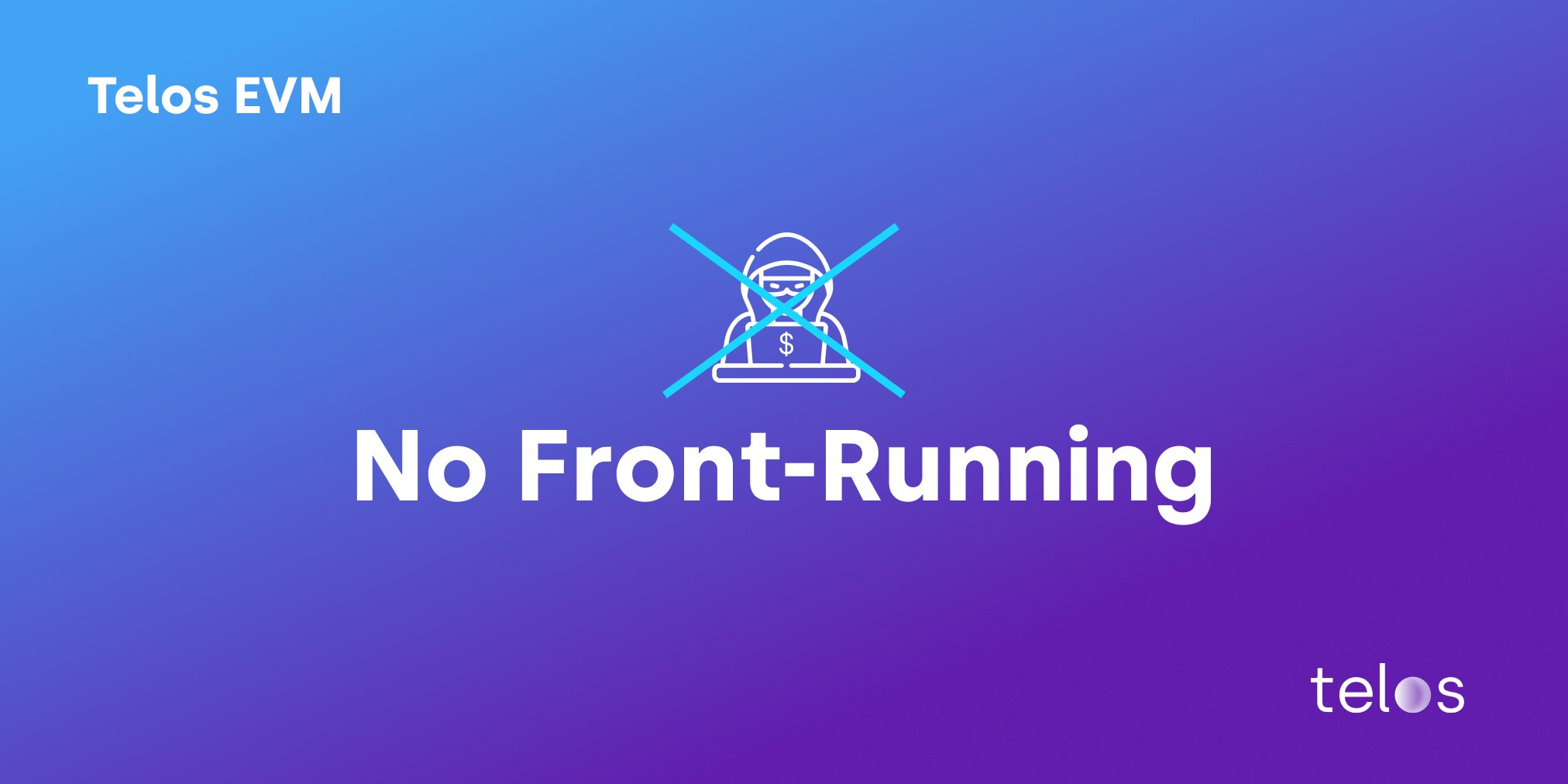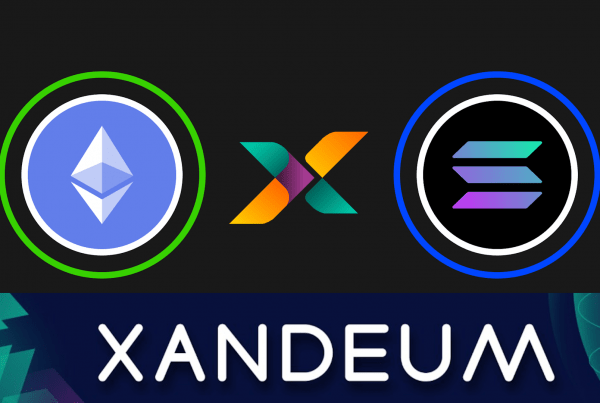
Since 2019, the Ethereum community has been patiently waiting for the ETH 2.0 upgrade and a full migration to a proof-of-stake (PoS) blockchain that implements sharding and reduces transaction costs. However, they will need to wait longer despite the release of the Beacon Chain back in December 2020, which was the first step towards a PoS upgrade. This has welcomed the adoption of Ethereum alternatives such as Avalanche, Polygon, Solana, and others, with ETH 2.0 likely taking years to be entirely implemented. Additionally, these alternatives offer faster and cheaper transactions allowing users to send small amounts across their platforms – which is almost impossible with Ethereum.
With Ethereum’s security remaining unmatched across the smart contract world, these alternatives are built to be compatible with Ethereum through the Ethereum Virtual Machine (EVM) but each offers its own advantages and problems. Nonetheless, most of the scalability solutions integrating the EVM suffer front-running problems, high transaction fees, and high throughput issues similar to Ethereum. In a quest to give lasting solutions, Telos, a third-generation blockchain, launched its EVM compatibility in December aiming to revolutionize the decentralized finance (DeFi) ecosystem.
A new solution to troubled EVM-compatible chains

One of the biggest problems facing the current crop of EVM-compatible chains such as Polkadot, Cardano, or Tezos, is front-running. Simply explained, front running is a problem rising from within the blockchains whereby miners insert their own transactions ahead of others, while only paying the minimum gas fees. This action has seen millions of dollars siphoned from unsuspecting traders. Additionally, miners are bribed in order to take up transactions directly. This arises from only a handful of mining pools controlling the majority of block production – hence it is almost impossible to avoid this vice that may end up affecting all Ethereum-based chains.
Telos provides a solution to this via its lightning-fast block production that leaves little time for bots or miners to scan the mempool for valuable transactions. Notwithstanding, the platform employs a fixed-gas fee on Telos EVM transactions ensuring there is no incentive for miners to choose one transaction over the other. Notably, Telos’s decentralized governance model ensures the community has a clear set of rules on what validators are allowed to do. Breaking these rules will see the validator receive penalties.
First, validators can not reorder transactions and must process transactions on a first-in, first-out basis. These rules prevent any validator or miner on Telos EVM from any front running to receive higher fees.
Unlike Tezos, the closest governance protocol to Telos, Telos EVM is built from the ground up, not just a fork of the original Ethereum code. This ensures the Telos EVM adopts full advantages from Ethereum while removing the issues pertaining to other EVM compatible chains such as Polkadot. This new approach allows the Telos EVM to avoid the scaling issues that many major EVM alternatives run into. Despite its unique design, Telos EVM offers feature parity with Ethereum, this makes it a powerful solution for developers and users looking for an Ethereum Virtual Machine that can keep up with the demands of mass adoption.
Most importantly, Telos differentiates itself from other EVM compatible chains by offering the lowest transaction costs, and as mentioned, fixed gas fees. Telos EVM aims to revolutionize the DeFi ecosystem by allowing everyone (especially investors with low capital) to enjoy the advantages that DeFi projects offer. The scalable nature of Telos EVM means that anyone around the globe can transact and invest in amounts as little as $1 without paying exorbitant fees. Other competing EVMs simply cannot match these fees – Cardano charging $0.1, Polygon charging $0.2, and Polkadot charging up to a dollar as transaction fees.
Future of EVM-compatible chains?
Telos kicked off the third generation of EVM compatible chains giving users a faster, cheaper, and more decentralized platform to complete trades. While it is the first to offer solutions to EVM compatible chains, it surely will not be the last.
DApps and blockchains are created to be fully decentralized and the presence of a small group of ‘front running miners’ could be detrimental to the growth of the space. EVM compatible chains that feature solutions to this problem through governance offer DApps and DAOs tools to build fully decentralized platforms while minimizing the fees traders pay.



